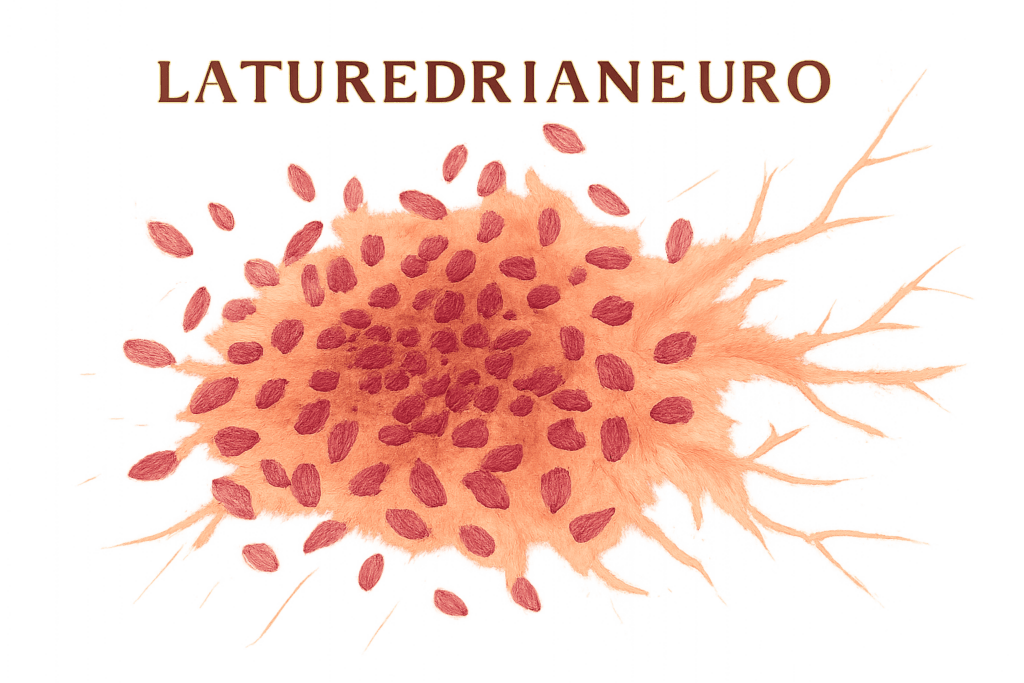can laturedrianeuro spread
“Can laturedrianeuro spread?” If you’ve come across this question, you’re probably searching for clear, direct guidance on the nature of laturedrianeuro—specifically, how it behaves and whether it poses a risk of spreading.
The first step is understanding what laturedrianeuro actually is. While the term is new or relatively obscure, it typically comes up in discussions about neurological conditions, emerging research, or speculative medical theories. In any scenario where people ask if something can spread, they’re usually concerned about contagion, transmission, or expansion from one source to another—sometimes person to person, other times from one part of the body to another.
What Does “Spread” Mean Here?
When you hear “spread” in a medical or neurological context, it can refer to one of several things:
- Is the condition contagious from person to person?
- Can it worsen and affect more areas within the same individual?
- Is there risk of exposure in communal environments?
Being precise about what “spread” means is important. For most neurological conditions, such as those currently understood by science, direct contagious spread (like viruses or bacteria) is rare. Most are either genetic, degenerative, or caused by other internal factors.
Is Laturedrianeuro Contagious?
Based on available research and medical consensus, there is no evidence that laturedrianeuro (as referenced in credible medical literature) is a contagious condition. That means it does not spread from person to person through casual contact, droplets, or environmental exposure.
Why is this distinction important? Because when people worry about “spread,” practical concerns often include living with a person who has laturedrianeuro, public health concerns, and contact precautions. There’s no substantiated reason to believe you can catch laturedrianeuro by being near someone who already has it.
Can Laturedrianeuro Progress Internally?
Some neurological or neurodegenerative conditions can progress within a person’s nervous system. In that sense, “spread” might mean symptoms worsening or affecting more areas of the brain or nervous system. If laturedrianeuro falls into this class, monitoring symptoms and following up with a healthcare professional is important. Internal progression is a concern best addressed by seeing a neurologist or qualified medical expert.
Precautions and Practical Steps
If you or someone you know is affected:
- Don’t assume it’s contagious: There’s no current evidence laturedrianeuro poses a risk of transmission.
- Document symptoms: Keep notes of any changes or worsening signs.
- Consult medical professionals: A neurologist can provide specific advice and current insights.
- Stay informed: Conditions sometimes gain more understanding as research continues.
Bottom Line
So, can laturedrianeuro spread? In short: not in a contagious way between people, as far as present knowledge goes. Internal progression (if any) should be discussed with a healthcare provider. Focus on support, documentation, and expert guidance if you’re affected. As always, stay skeptical of unverified claims and look to reputable medical sources for updated information.

 Rogerry Nelsonier is a trailblazer in the tech industry, renowned for his passion for technology and its potential to drive societal impact. Inspired by the rapid advancements in technology, Rogerry envisioned a collaborative space where innovative minds could converge to explore groundbreaking ideas and develop transformative solutions. This vision culminated in the founding of Info Wave Circle, a dynamic community dedicated to fostering innovation and creativity.
Rogerry's journey began in Pompano Beach, Florida, where he established Info Wave Circle to bring together like-minded individuals passionate about leveraging technology for positive change. Under his leadership, Info Wave Circle has grown into a thriving hub for tech enthusiasts, entrepreneurs, and innovators. Rogerry’s commitment to pushing the boundaries of what technology can achieve continues to inspire those around him, making Info Wave Circle a beacon of progress and societal advancement.
Rogerry Nelsonier is a trailblazer in the tech industry, renowned for his passion for technology and its potential to drive societal impact. Inspired by the rapid advancements in technology, Rogerry envisioned a collaborative space where innovative minds could converge to explore groundbreaking ideas and develop transformative solutions. This vision culminated in the founding of Info Wave Circle, a dynamic community dedicated to fostering innovation and creativity.
Rogerry's journey began in Pompano Beach, Florida, where he established Info Wave Circle to bring together like-minded individuals passionate about leveraging technology for positive change. Under his leadership, Info Wave Circle has grown into a thriving hub for tech enthusiasts, entrepreneurs, and innovators. Rogerry’s commitment to pushing the boundaries of what technology can achieve continues to inspire those around him, making Info Wave Circle a beacon of progress and societal advancement.
